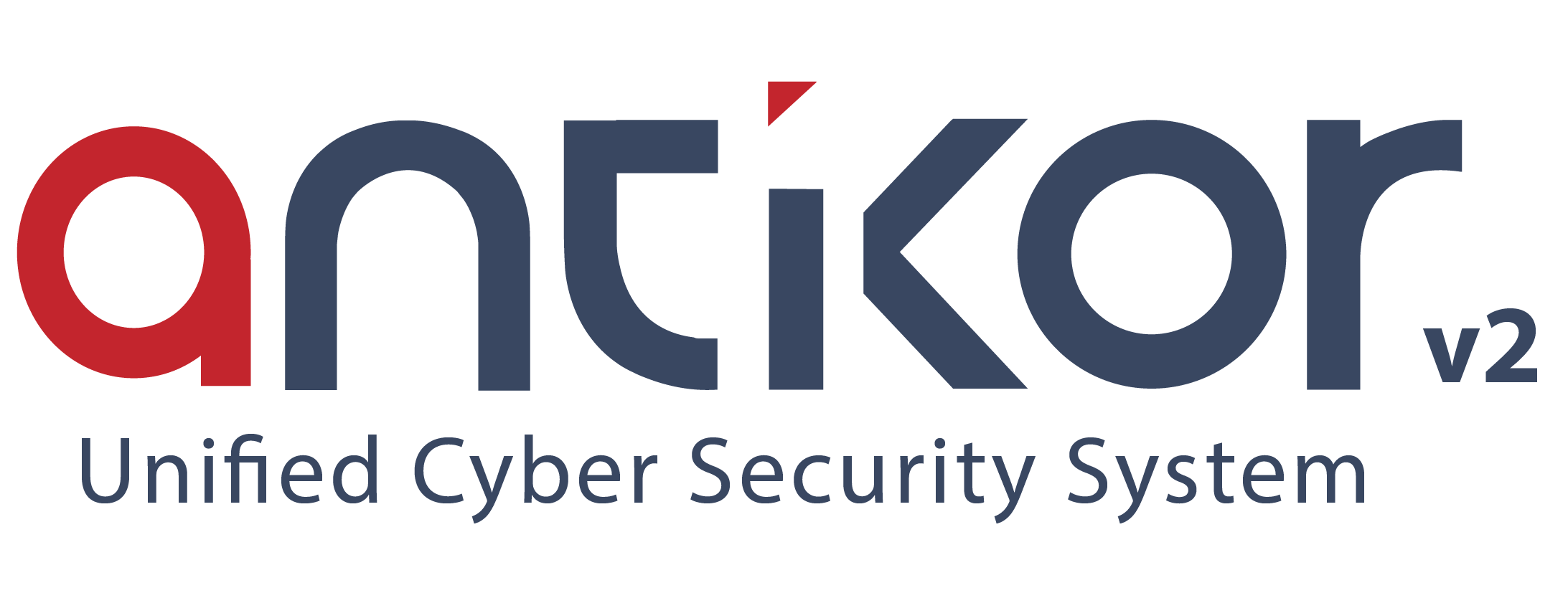VPN Virtual Private Network
SSL VPN
Provides secure connections over the internet using the SSL protocol. It is usually accessed through a web browser, enabling secure access to resources on the network.
Certificate Authentication
User identity in VPN connections is verified via digital certificates. Certificate-based authentication is preferred, especially in high-security environments.
Username/Password Authentication (+ 2FA)
User identity is verified using a username and password for VPN connections. Additionally, two-factor authentication (2FA) can be added as an extra layer of security.
Authentication
- BLAKE2: A fast and secure cryptographic hash function used to verify data integrity and digital signature authenticity.
- RSA: An asymmetric encryption algorithm widely used for digital signatures, data encryption, and key exchange, ensuring secure data transmission and authentication.
- SHA (Secure Hash Algorithm): A family of algorithms used to convert data into fixed-length hash values, commonly used for data integrity and security.
- MD (Message Digest): An older hash function used to produce a fixed-length digest value. While less secure today, it is still used in some legacy systems.
- SHAKE: Part of the SHA-3 family, SHAKE is a flexible-length output hash function designed to meet high-security requirements.
Encryption
- AES (Advanced Encryption Standard): A widely used symmetric encryption algorithm offering high security levels and preferred for secure data encryption in various applications.
- ARIA: A symmetric encryption algorithm developed in Korea, providing high security as an alternative to AES, with widespread use in the Asian market.
- CAMELLIA: A symmetric encryption algorithm developed in Japan, offering similar security levels to AES, serving as an alternative to meet high security needs.
- SEED: A symmetric encryption algorithm developed in South Korea, commonly used in Asian countries, providing high security.
- SM4: A symmetric encryption algorithm developed in China, used as China’s official encryption standard.
PPTP / L2TP VPN
PPTP and L2TP are VPN tunneling protocols that generally offer lower security. However, they are preferred for simple VPN connections due to their easy setup.
IPsec VPN (Both VTI and Legacy Modes)
IPsec is widely used for secure internet connections. VTI (Virtual Tunnel Interface) and Legacy Mode provide different configuration options, each offering varying security features.
Site to Site VPN
Creates a secure connection between two separate networks. This type of VPN is used primarily for data transmission between remote offices or branches.
GRE Tunneling
GRE (Generic Routing Encapsulation) creates tunnels that carry IP packets. It is used to transmit data across different networks, providing flexible configuration options.
ePati Cyber Security Co.

Mersin Üniversitesi Çiftlikköy Kampüsü
Teknopark İdari Binası Kat:4 No: 411
Posta Kodu: 33343
Yenişehir / Mersin / TURKEY
Web: www.epati.com.tr
e-Mail: info@epati.com.tr
Tel: +90 324 361 02 33
Fax: +90 324 361 02 39

